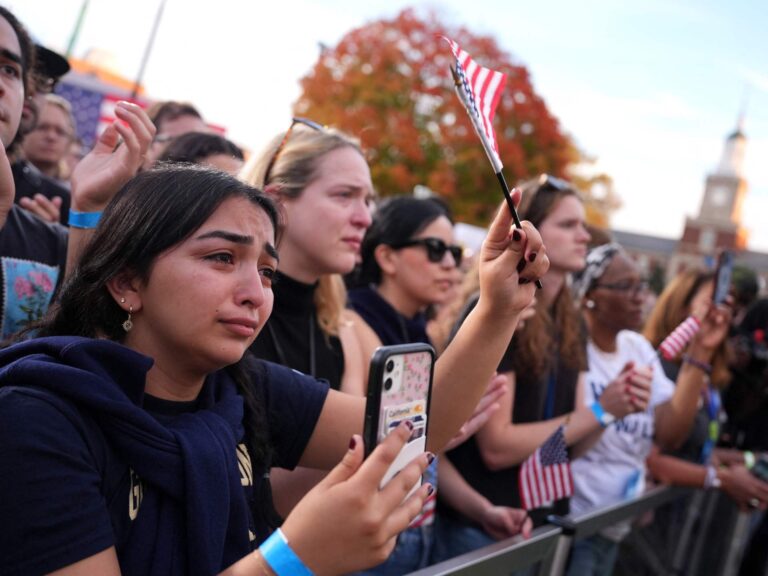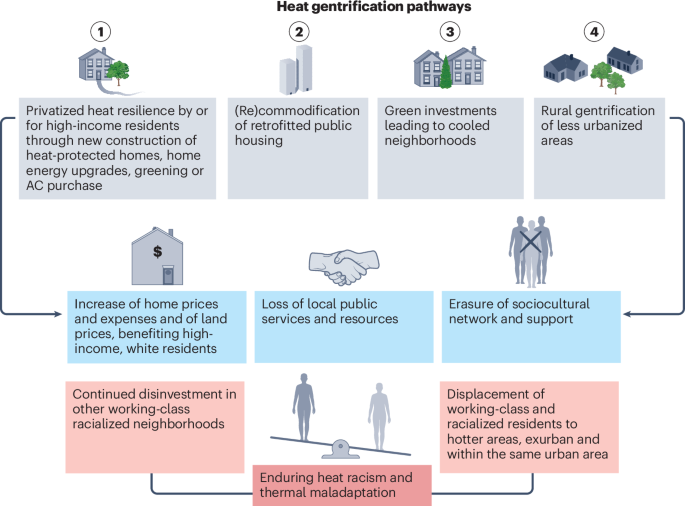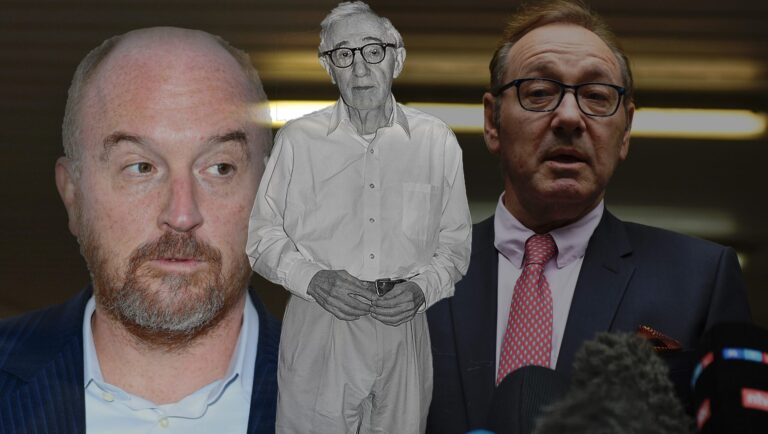Podcasters Dominating Elections: The Rise of Male Hosts
Podcasters in Politics: The Surge of Male Hosts
In the digital age, the way we consume information has drastically transformed. Gone are the days when people relied solely on traditional media outlets for news and political discourse; instead, they’re tuning into podcasts. Yes, you heard that right! Podcasters have become influential players in the landscape of elections, and male hosts are leading the charge. In this article, we’ll dive deep into how these voices are shaping political narratives, engaging audiences, and reigniting interest in the electoral process.
The Podcast Phenomenon
It’s no secret that podcasts have exploded in popularity over the past few years. The ease of access, coupled with the captivating storytelling, has made it a favored medium for millions. If you haven’t dipped your toes into the podcast waters yet, you’re missing out!
Why are they so appealing?
- On-Demand Listening: You can catch up on your favorite shows whenever and wherever you want.
- Diverse Content: From comedy and true crime to politics and history, there’s something for everyone.
- Personal Connection: Hosts often feel like friends chatting in your living room, making the experience more intimate.
As podcasts became mainstream, they also began to influence the political landscape. But what’s interesting is the noticeable rise of male hosts who dominate this field. Why is that?
Male Hosts: The Voices of Influence
When you think about popular political podcasts, a few names likely pop into your head—Joe Rogan, Ben Shapiro, and Bill Simmons, to name a few. These hosts often attract attention not just for their content but also for their massive audiences.
But why are male podcasters gaining so much traction in politics?
Authenticity & Relatability
One major factor is the perceived authenticity that many male hosts bring to the table. Listeners feel they can relate to their personal stories and experiences. This connection fosters a sense of trust that is crucial in political discourse. When listeners feel they know a host on a personal level, they are more likely to engage with the content—and let’s be honest, isn’t that what we all want?
Engaging Formats
Another reason is the format in which many of these hosts present their content. Podcasts allow for long-form discussions that traditional media often can’t accommodate. It provides a space for nuanced debate, deep dives into complex issues, and, let’s not forget, the occasional comic relief.
A Platform for Diverse Opinions
With their massive platforms, male hosts can offer space for various voices and opinions. While they may start with their perspective, they often invite guests from different backgrounds, encouraging dialogue that can reflect the diverse tapestry of political viewpoints.
So, how does this influence the upcoming elections? Let’s explore!
The Impact on Elections
When it comes to elections, influence is everything. Here’s how male podcasters are shaping the political landscape right now:
1. Shaping Public Opinion
Podcasts like “The Joe Rogan Experience” have been known to sway public opinion on key issues. With his extensive reach, Rogan’s discussions can change how a particular topic is perceived, creating ripples that can affect elections.
2. Engaging Younger Audiences
Podcasts resonate more with younger voters, who often feel disconnected from mainstream media. By discussing relevant topics in a casual and relatable manner, male podcasters are engaging new voters who might otherwise remain apathetic.
3. Vetting Candidates
Say you’re curious about a political candidate but find their campaign speeches to be all fluff and no substance. Podcasting offers a more in-depth look as many hosts invite candidates for extended conversations. This format allows candidates to articulate their policies and visions more clearly, which helps inform voters on who they’re supporting.
4. Creating a Community
Podcasts tend to create a feeling of community among listeners. Fans often discuss episodes on social media, leading to conversations that can foster collective political engagement. This sense of belonging can drive people to the polls, increasing voter turnout.
5. Challenging Misinformation
In the age of social media, misinformation spreads like wildfire. Male podcasters, especially those with credibility, can counteract misinformation by providing well-researched insights and factual information. This demystifies political issues and helps listeners form educated opinions.
The Balancing Act
With great influence comes great responsibility. Male podcasters must balance entertainment with ethics. While audiences adore engaging dialogues and occasional banter, it’s essential to provide fact-based content. Sensationalism can generate clicks, but it risks manipulating public opinion.
Conclusion
The rise of male hosts in the podcasting arena is reshaping the political landscape. Their authenticity, engaging formats, and ability to connect with audiences are proving effective in galvanizing political discourse and fostering community. As we move towards the next elections, the role of podcasters becomes even more crucial. They are not merely entertainers; they are influential voices that can inform, educate, and inspire.
So, the next time you’re scrolling through your podcast app, consider tuning into a political discussion. Who knows? You might just become the next informed voter ready to make a difference!
FAQs
1. Why are male hosts dominating the podcasting space?
Male hosts often enjoy larger platforms due to their engagement, authenticity, and relatability. Their humorous yet insightful discussions attract diverse audiences.
2. How do podcasts influence political opinions?
Podcasts create nuanced dialogues that allow listeners to explore issues deeply, leading to informed opinions and increased civic engagement.
3. Can female hosts impact elections too?
Absolutely! While male hosts may currently dominate, female podcasters are also making waves and can significantly influence the political landscape.
4. What makes podcasting a unique platform for political discourse?
Unlike traditional media, podcasts offer long-form discussions, which allow for thorough exploration of issues and give listeners the chance to engage in deeper conversations.
5. How can I find credible political podcasts?
Look for podcasts that feature guests from diverse backgrounds, provide well-researched content, and encourage open dialogue. User reviews and ratings can also guide you to quality shows.







